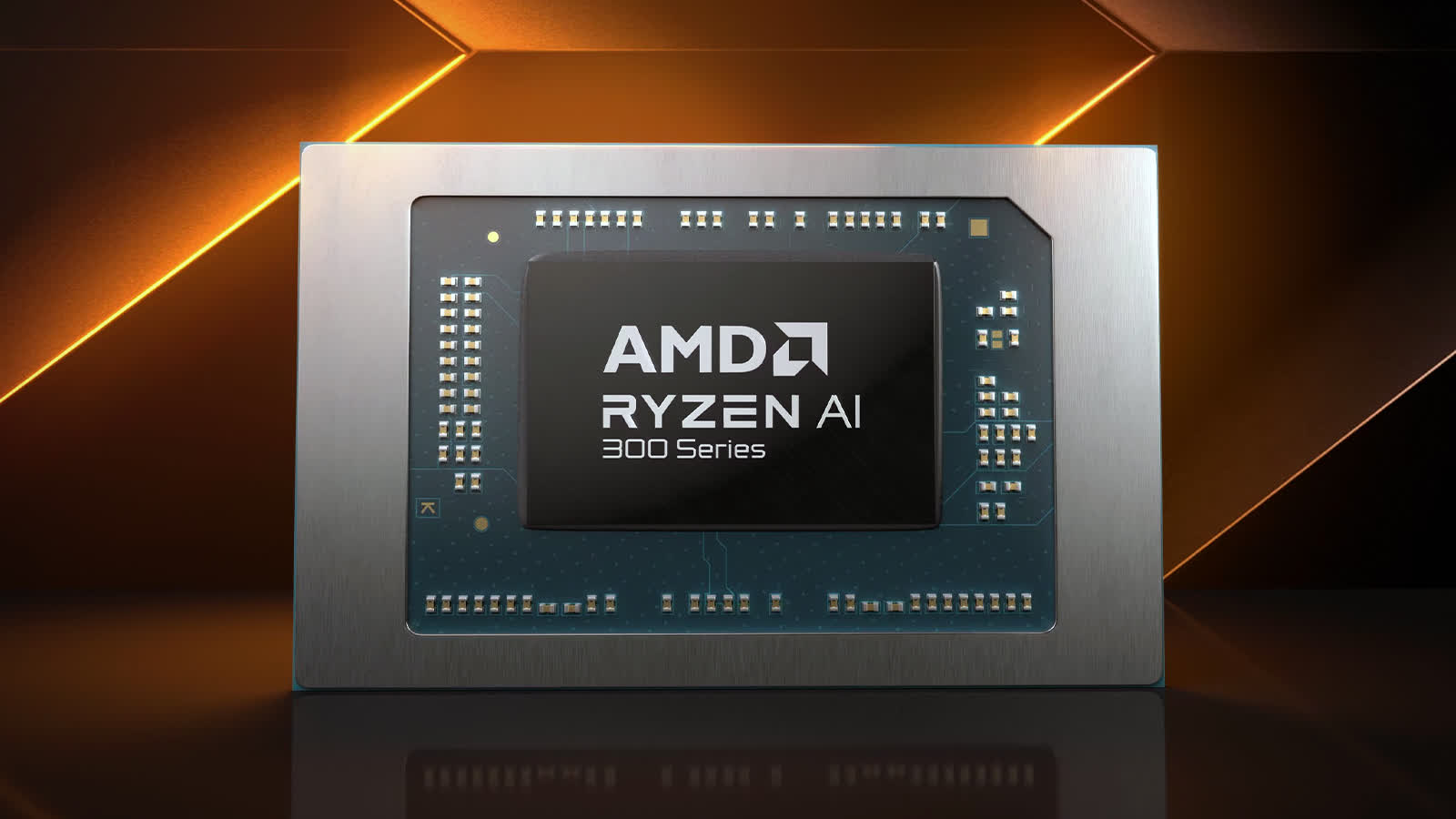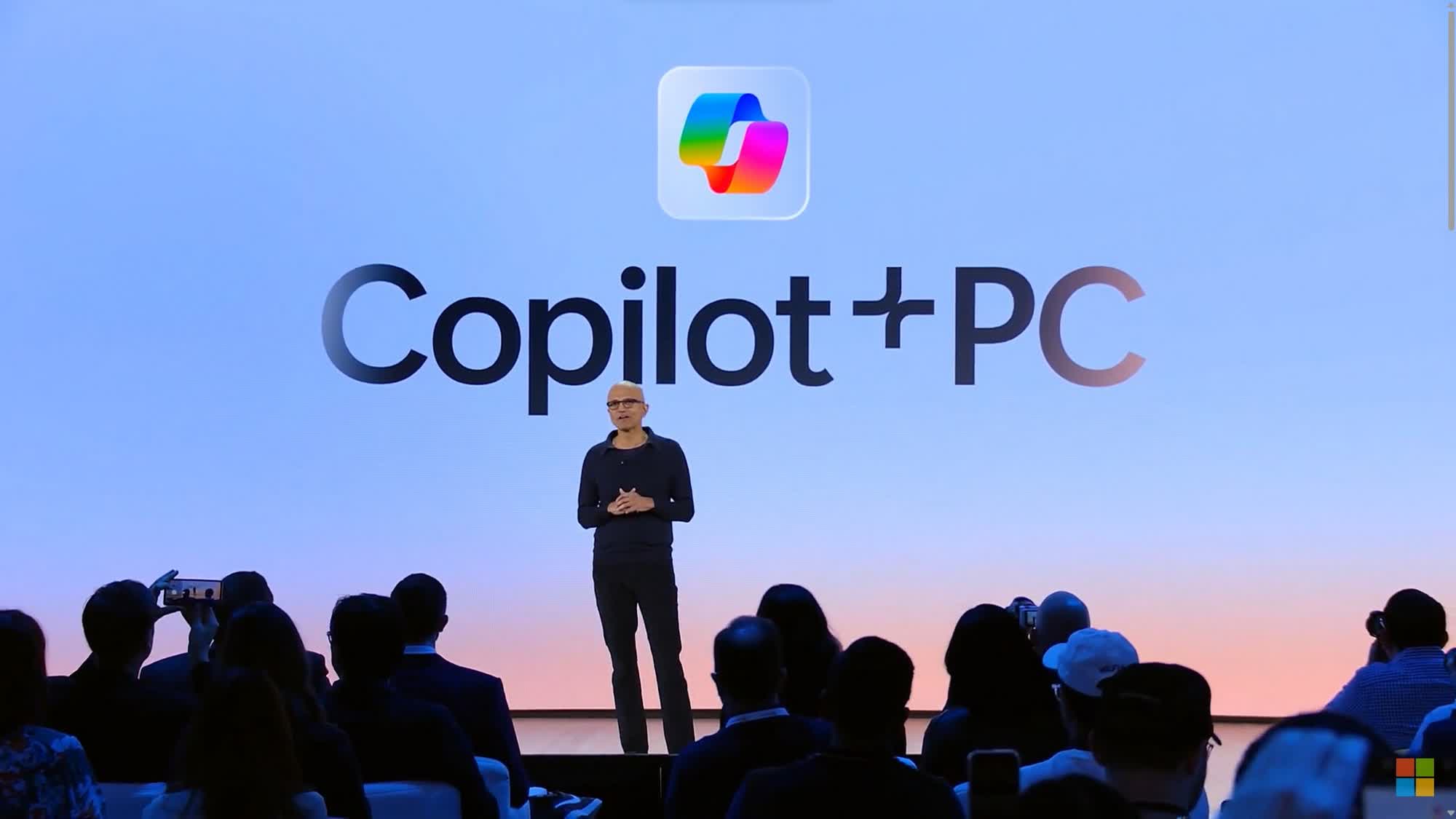Facepalm: Would you be willing to pay more money for your hardware if it came with extra AI features and capabilities? Not too surprisingly, the vast majority of PC users would answer that question with a resounding "no," a fact illustrated by a recent survey.
Companies are going all-in on artificial intelligence right now, investing millions or even billions into the area while slapping the AI initialism on their products, even when doing so seems strange and pointless.
Heavy investment and increasingly powerful hardware tend to mean more expensive products. To discover if people would be willing to pay extra for hardware with AI capabilities, the question was asked on the TechPowerUp forums.
The results show that over 22,000 people, a massive 84% of the overall vote, said no, they would not pay more. More than 2,200 participants said they didn't know, while just under 2,000 voters said yes.
AMD is one company that is making its focus on all things AI abundantly clear. Team Red's Strix Point mobile chips carry the Ryzen AI 300 branding and feature the XDNA 2 NPU, which more than triples the performance of current-gen XDNA NPUs.
In May, AMD wrote a blog post titled "55 years of AMD innovation," in which the term "AI" was mentioned 23 times.
Elsewhere, Intel has confirmed that its rival Lunar Lake AI laptop CPUs are expected to be unveiled between the 17th and 24th of September, going on sale by September 25.
Processors from AMD and Intel are also set to go up against the Copilot+ AI PCs powered by the Snapdragon X Elite and Snapdragon X Plus processors. Devices must meet Microsoft's Copilot+ standard, which requires laptops to include an NPU capable of processing over 40 trillion operations per second.
There are no indications that AI laptops will be considerably more expensive than the regular versions – some of the Snapdragon-powered PCs are reasonably priced – but there's no guarantee that won't change as hardware and software become more powerful.
While companies continue to throw everything they have into AI, some experts are concerned that the amount of money being poured into the industry might lead to a dot-com-style bubble that inevitably bursts, causing an industry-wide disaster.

